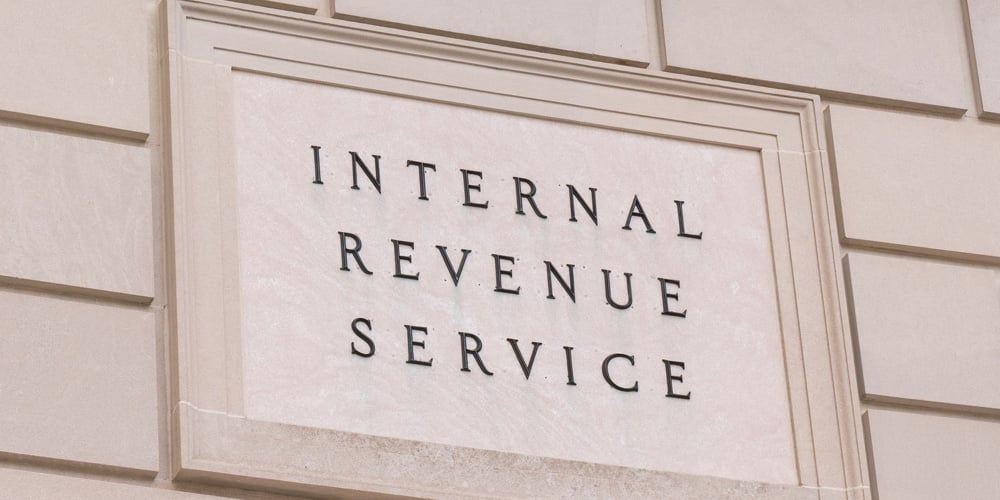Many consumers and small businesses have been vocal in opposing a new proposed law that would require banks and credit unions to send savings and checking account data to the Internal Revenue Services (IRS) if an account exceeds $10,000 or more in deposits or withdrawals in a year.
The Biden Administration proposed the reporting requirements earlier this year as a way to “close the tax gap” and raise revenue to pay for their new reconciliation bill, however, most Americans see this as an invasion of their financial privacy.
The latest reconciliation framework released by the White House did not include this provision, a positive result of all the efforts from credit unions who fought back against the reporting regime. The National Association of Federally-Insured Credit Unions (NAFCU) deployed several bold advocacy strategies to help credit unions urge Congress to reject the proposal and united with several organizations in amplifying strong opposition against this requirement. While the reconciliation process pushes forward, many remain vigilant and hopeful that this provision be withdrawn from consideration in the final bill text altogether.
If the provision passes, financial institutions will need to provide private financial information to the IRS on bank account annual inflows and outflows. Almost every American could find themselves subject to this invasive reporting when factoring in general spending over a course of a year at the current threshold.
Throughout its history, the IRS has shown that it cannot always be trusted to safeguard data from taxpayers. Giving the IRS more data on the financial accounts of millions of Americans will only put their information at risk for leaks.
As an added level of concern, this program would generate a series of compliance burdens for taxpayers and their financial institutions, including credit unions. A wide range of organizations nationwide are calling on Congress to reject this provision, and calling on the Biden Administration to withdraw the proposal outright. This proposed requirement would increase operational complexity at financial institutions and policymakers have not engaged in a process to determine the effectiveness this requirement would have on tax compliance.
NAFCU has been working tirelessly on the Hill with Congressional members on both sides of the aisle to express how these requirements would negatively impact consumers as well as credit unions.
A number of Members of Congress are hearing those concerns. Recently, Representative Drew Ferguson (R-GA) and Senator Tim Scott (R-SC) introduced legislation, the Prohibiting IRS Financial Surveillance Act, that would block the IRS reporting requirement. In doing so, they joined a growing list of others who have introduced bills to prevent this provision from becoming law. Democrats have started to object as well, with Senators Joe Manchin (D-WV) and Jon Ossoff (D-GA) and Representatives Charlie Crist (D-FL) and Abigail Spanberger (D-VA) all publicly announcing opposition. Other Democratic leaders including Representatives Lou Correa, D-Calif., Vicente Gonzalez, D-Texas, and Cyndi Axne D-Iowa, and over a dozen more of their colleagues wrote to House Speaker Nancy Pelosi, D-Calif., and House Ways and Means Chairman Richard Neal, D-Mass., to express concerns around the proposal calling for, “a more targeted approach,” to closing the tax gap.
Many financial institutions are already subject to convoluted compliance requirements, and this proposed added requirement is especially strenuous as they help Americans recover from the pandemic crisis. Piling on to this list of burdensome reporting requirements would result in added costs and divert resources from what’s important: helping consumers with their financial needs.
NAFCU has advocated that this proposal be excluded from budget negotiations and dropped outright. The association recently launched a new round of grassroots efforts against the proposal encouraging credit unions to engage with lawmakers on this issue to warn them of the impact on financial institutions and to reject the latest efforts to include it.
NAFCU continues to urge Congress to reject the IRS reporting proposal in the final leg of the reconciliation process and calls on consumers to express their opposition against this burdensome reporting requirement.







